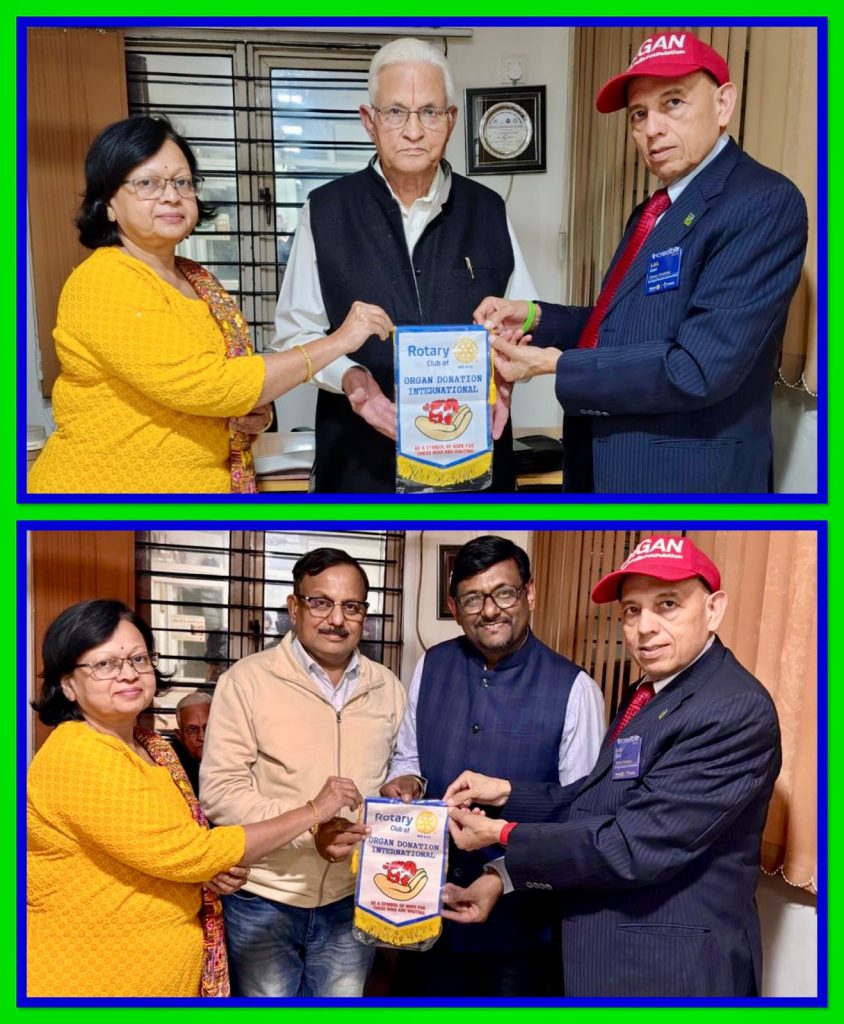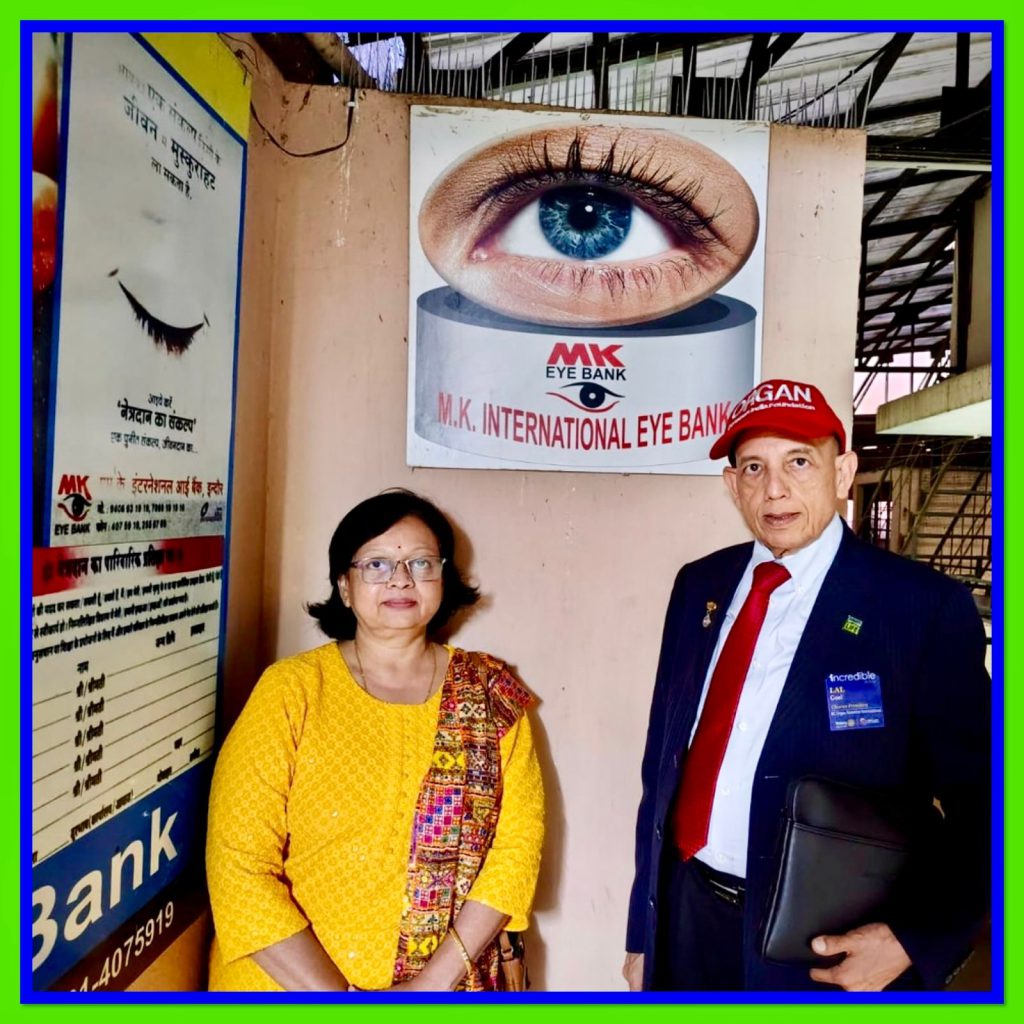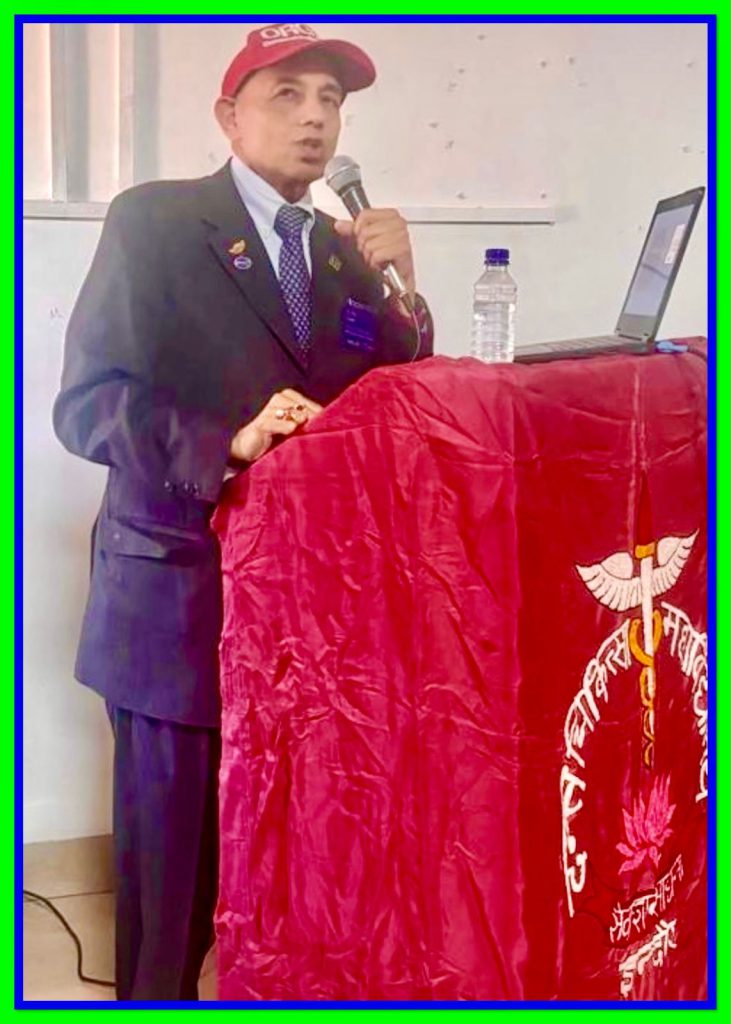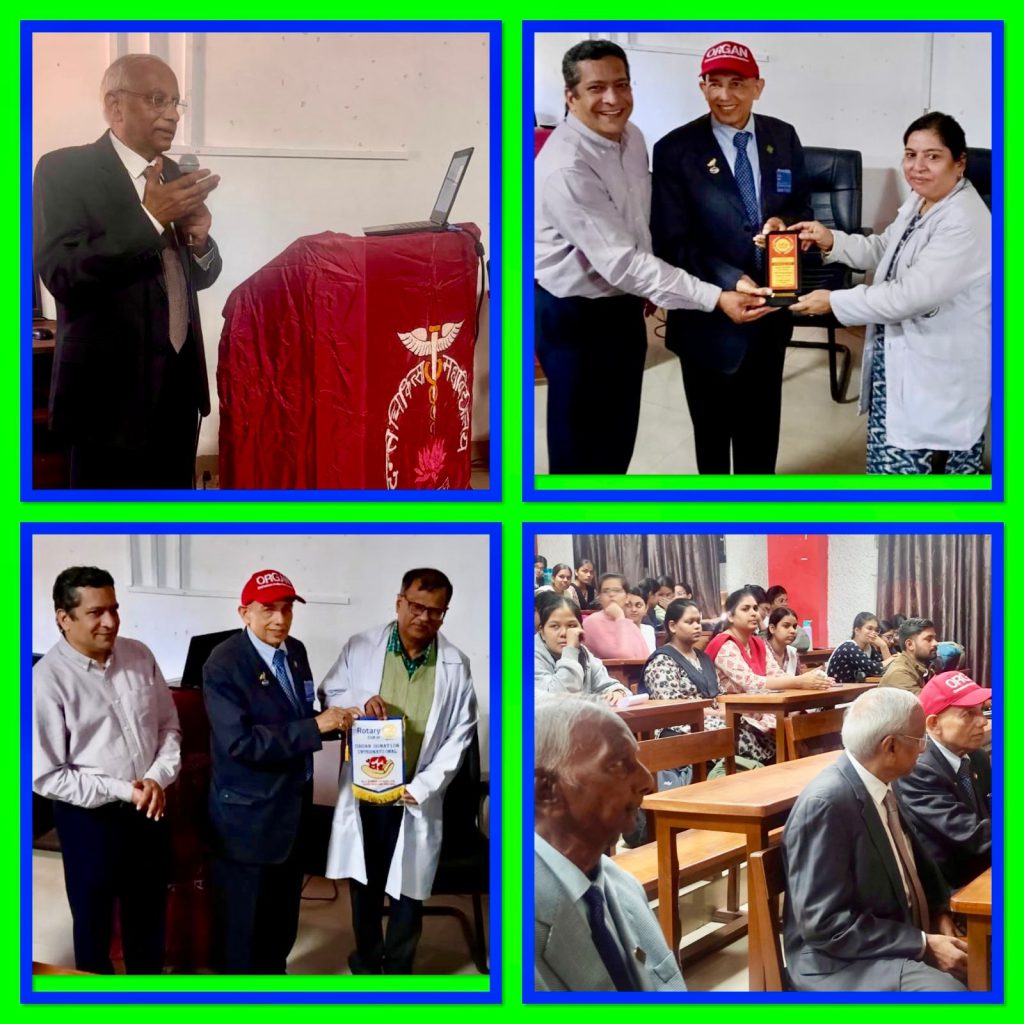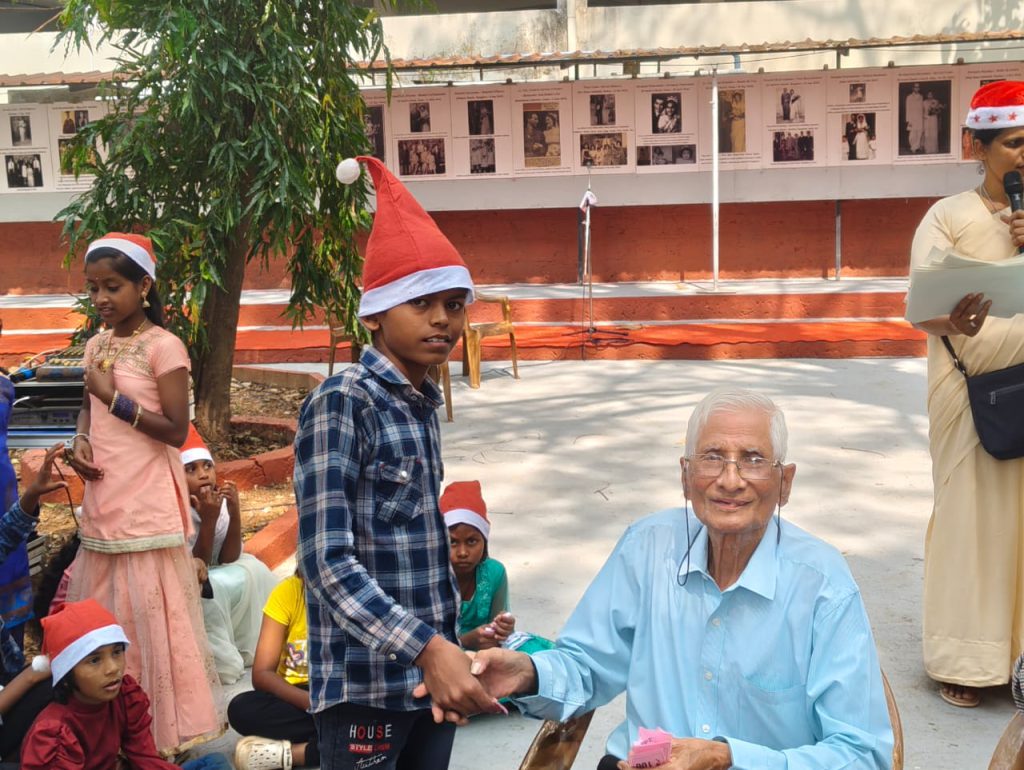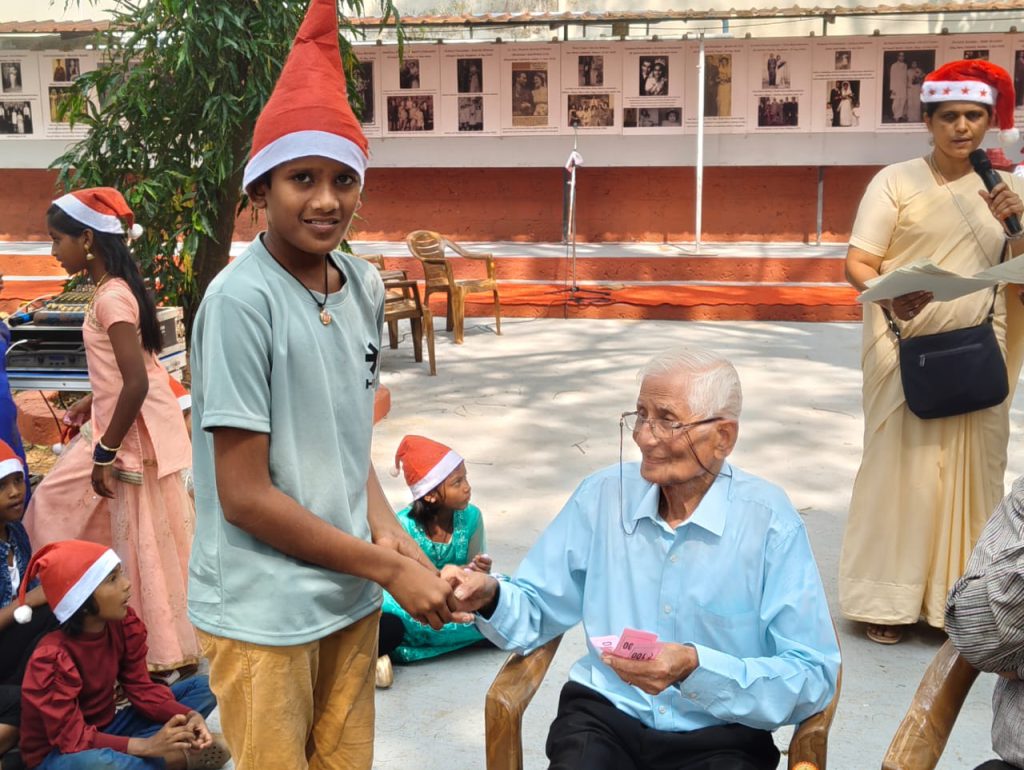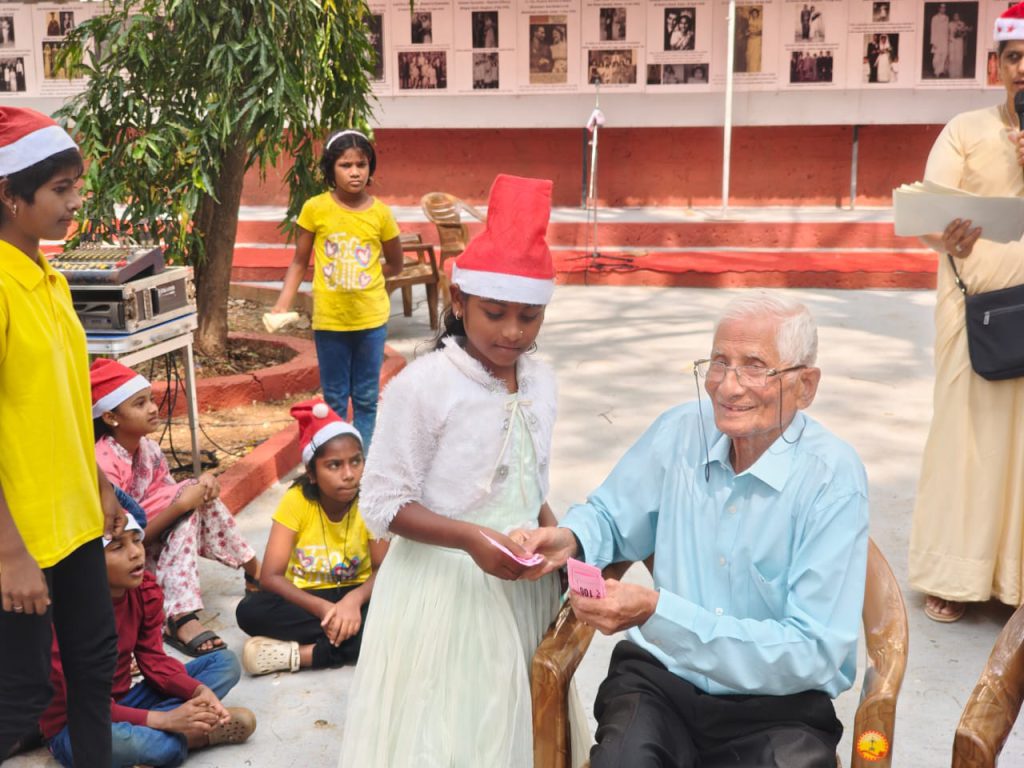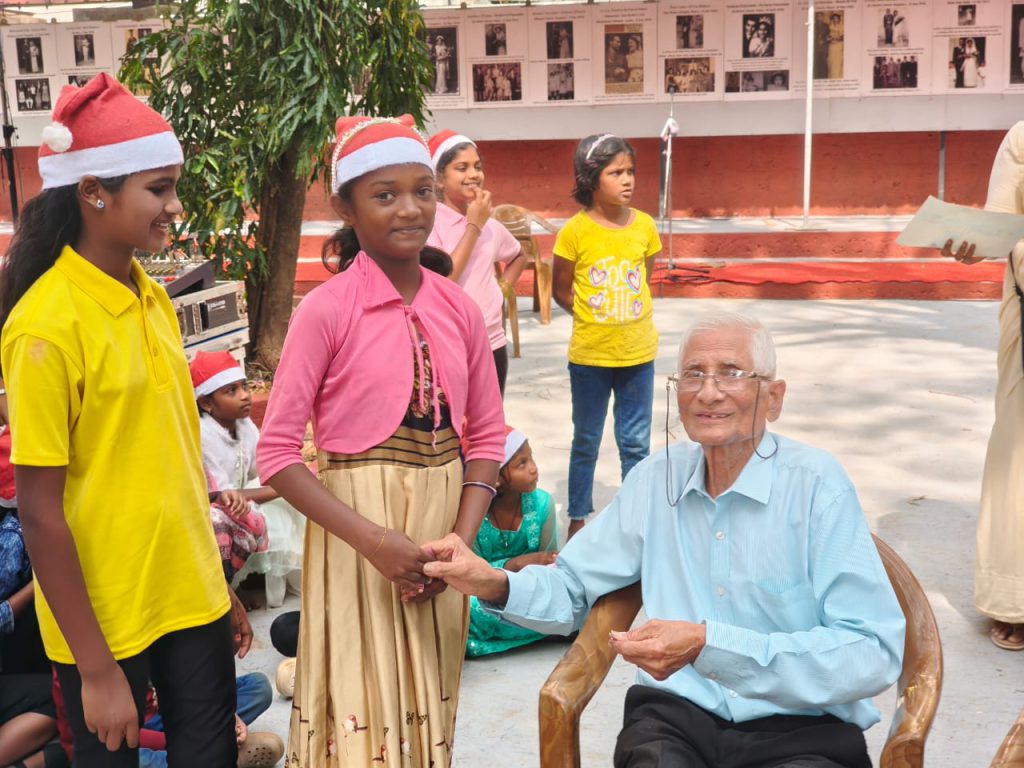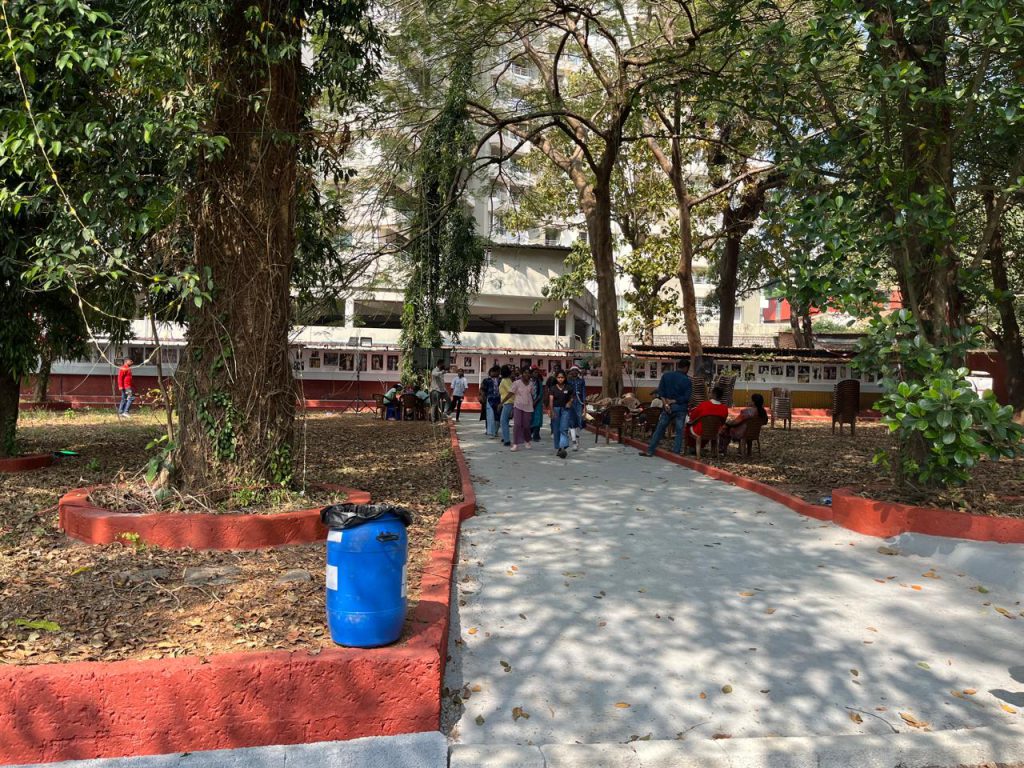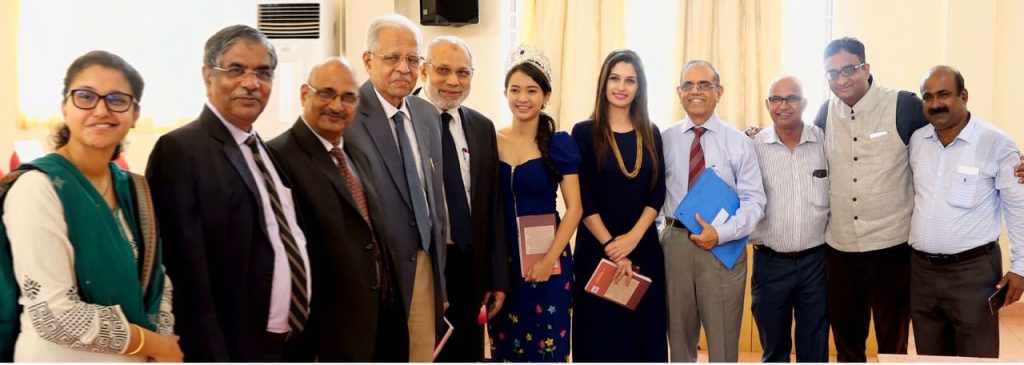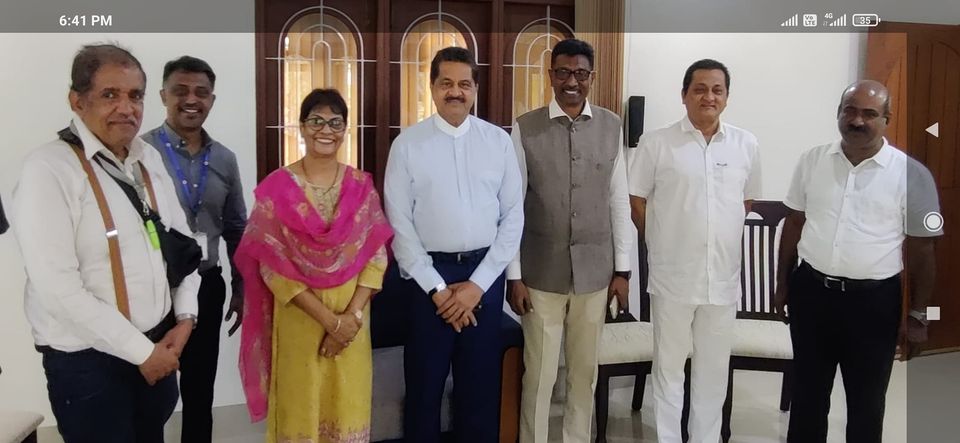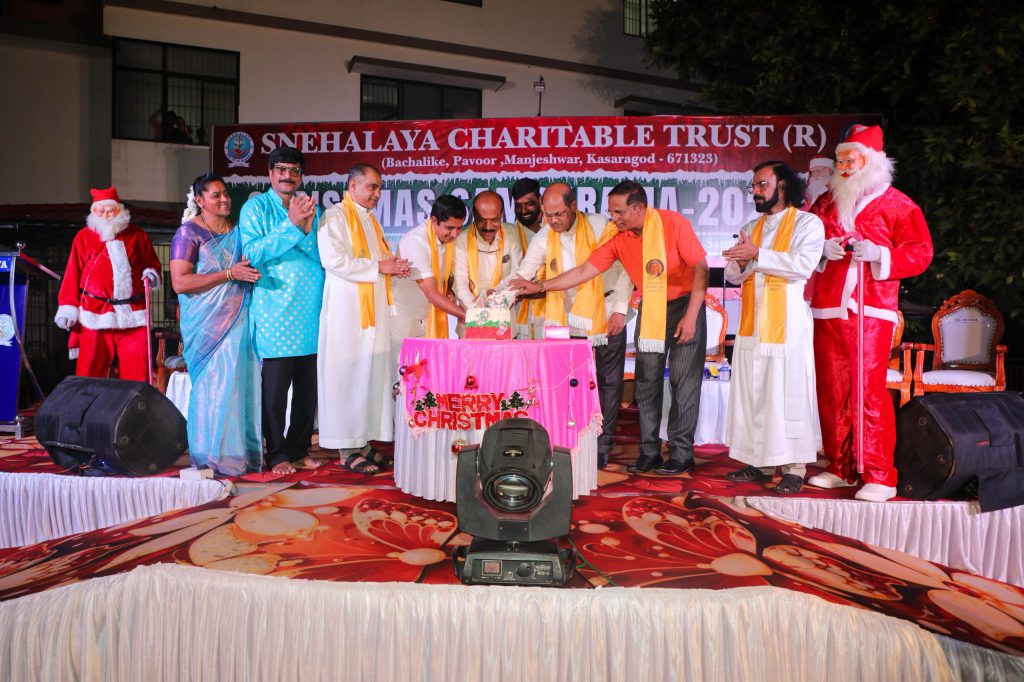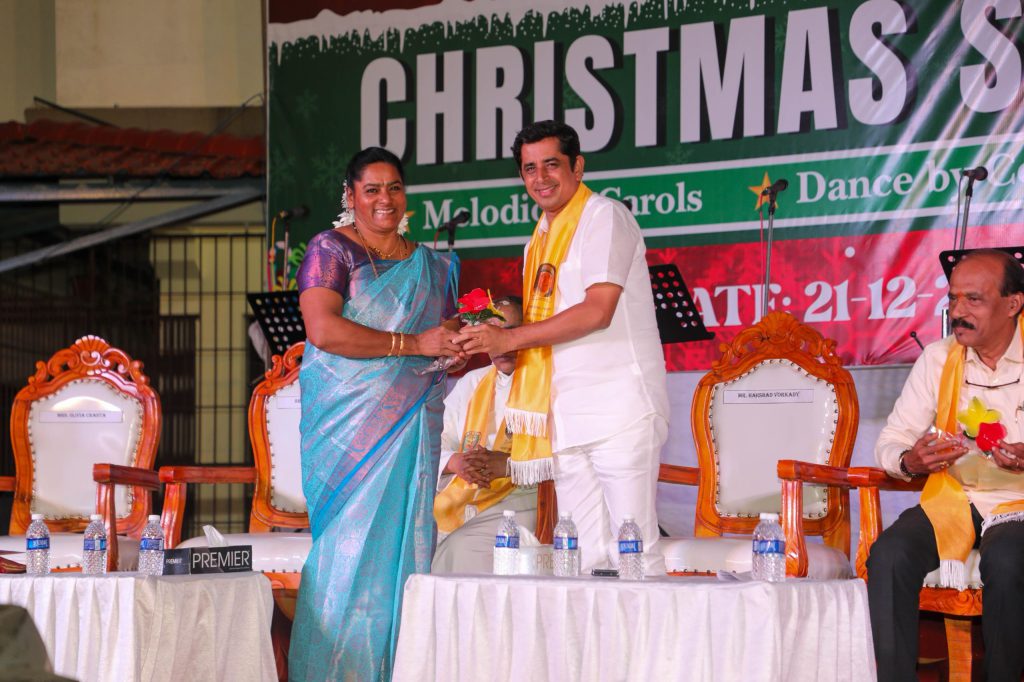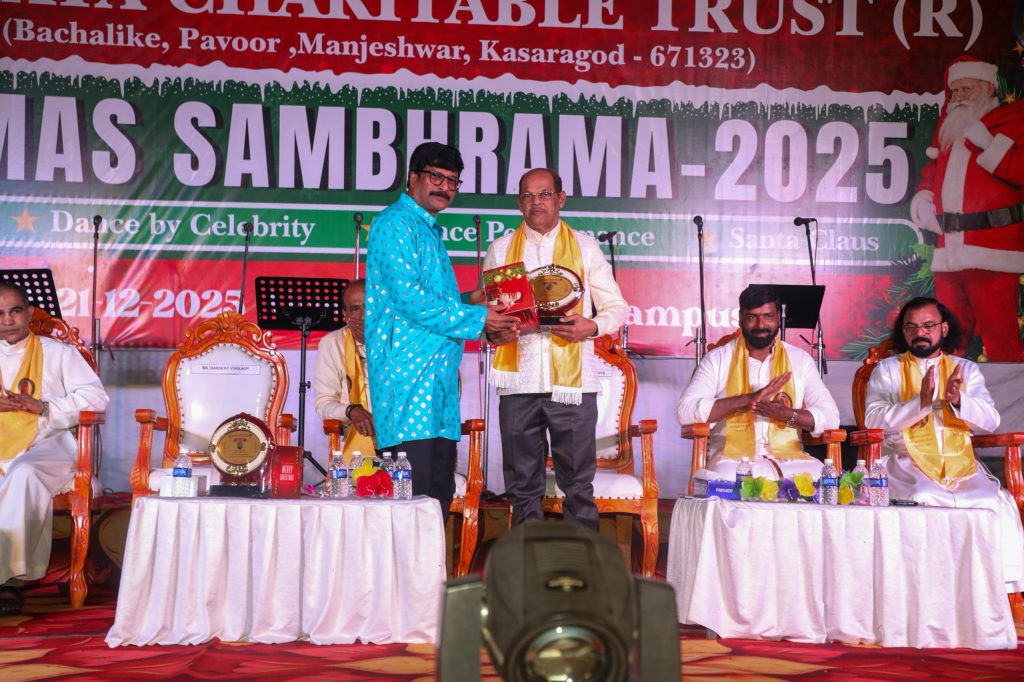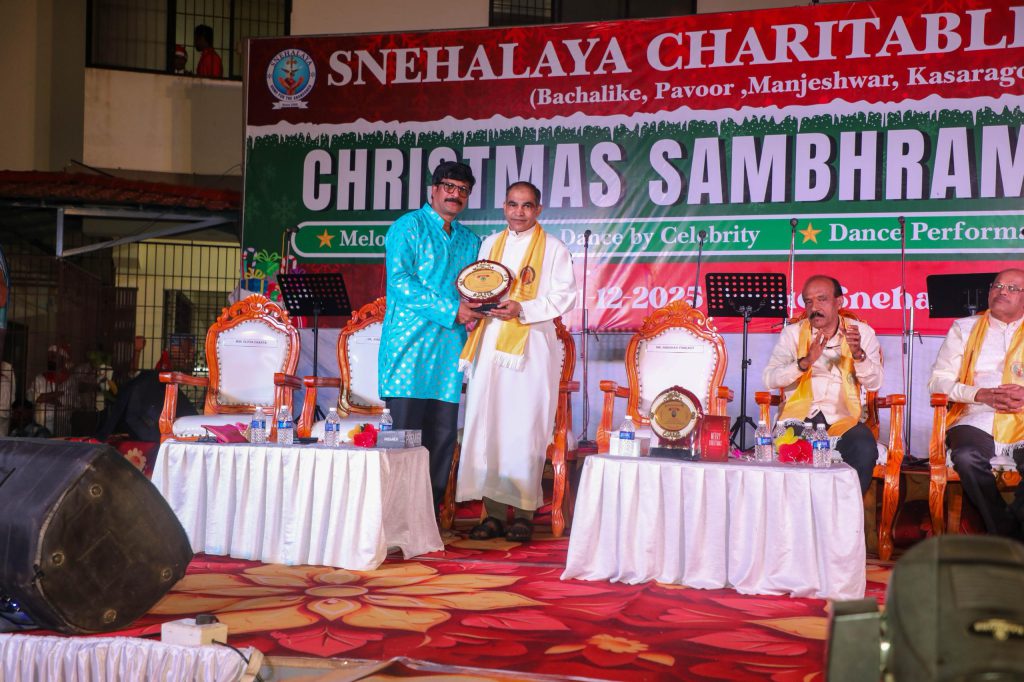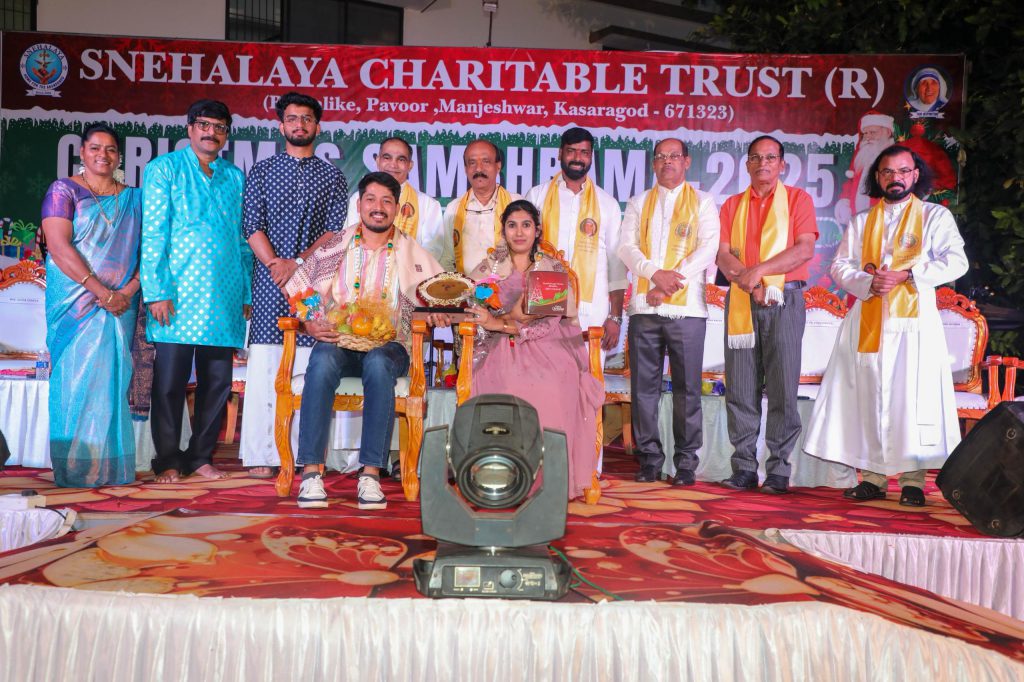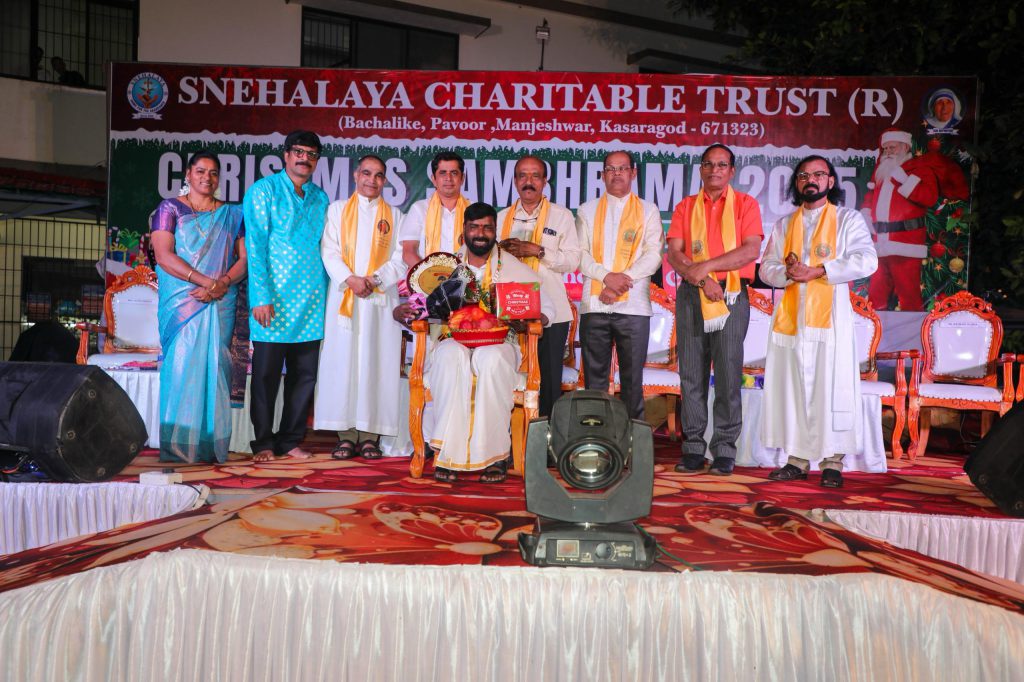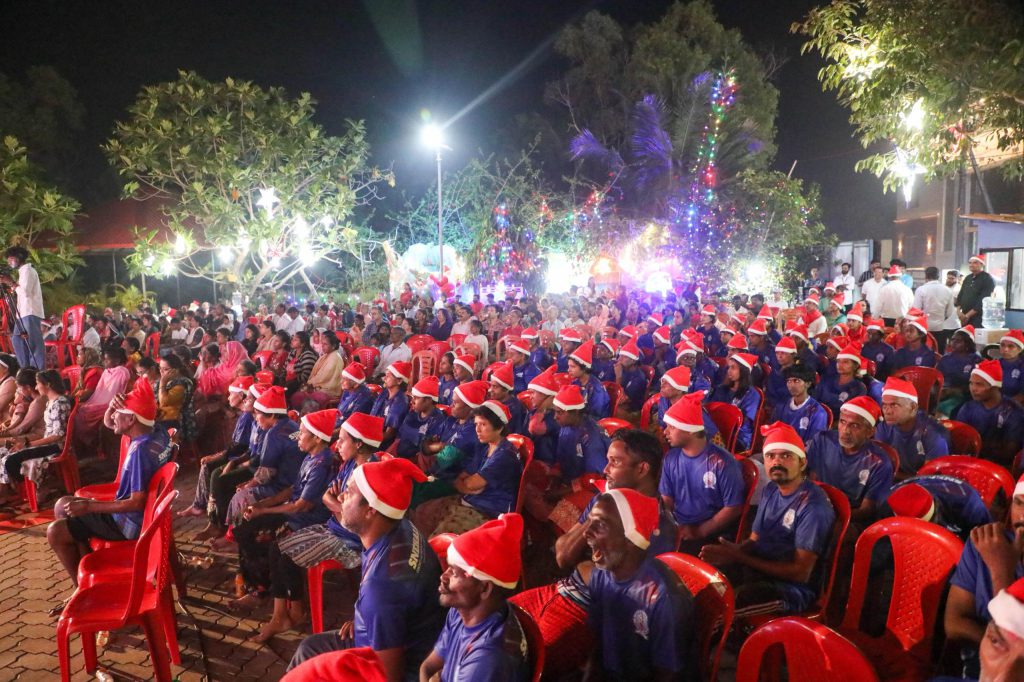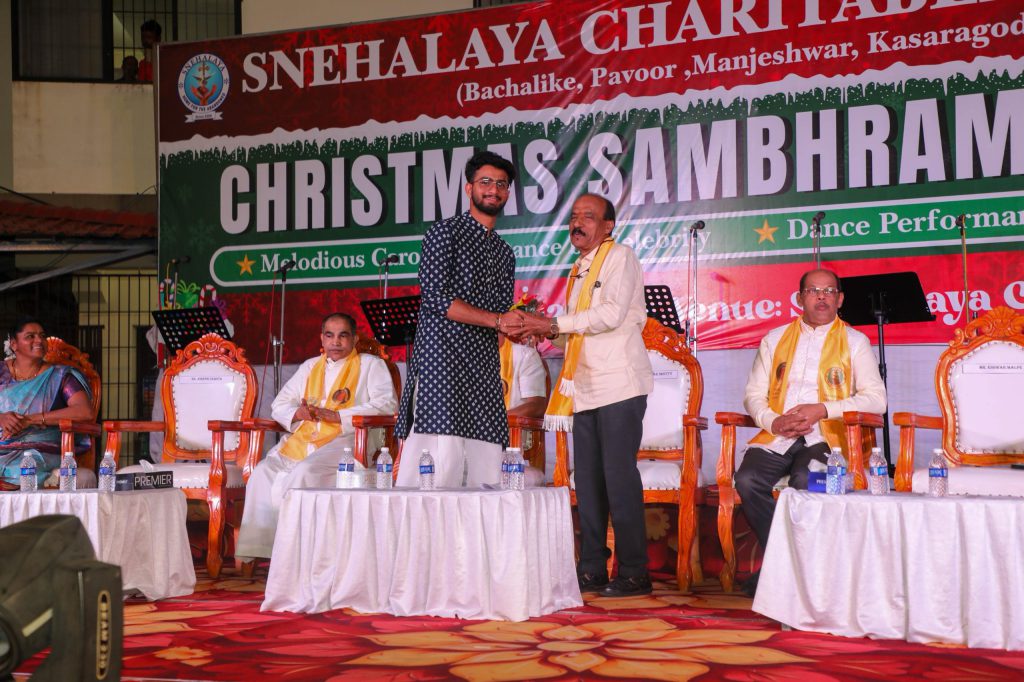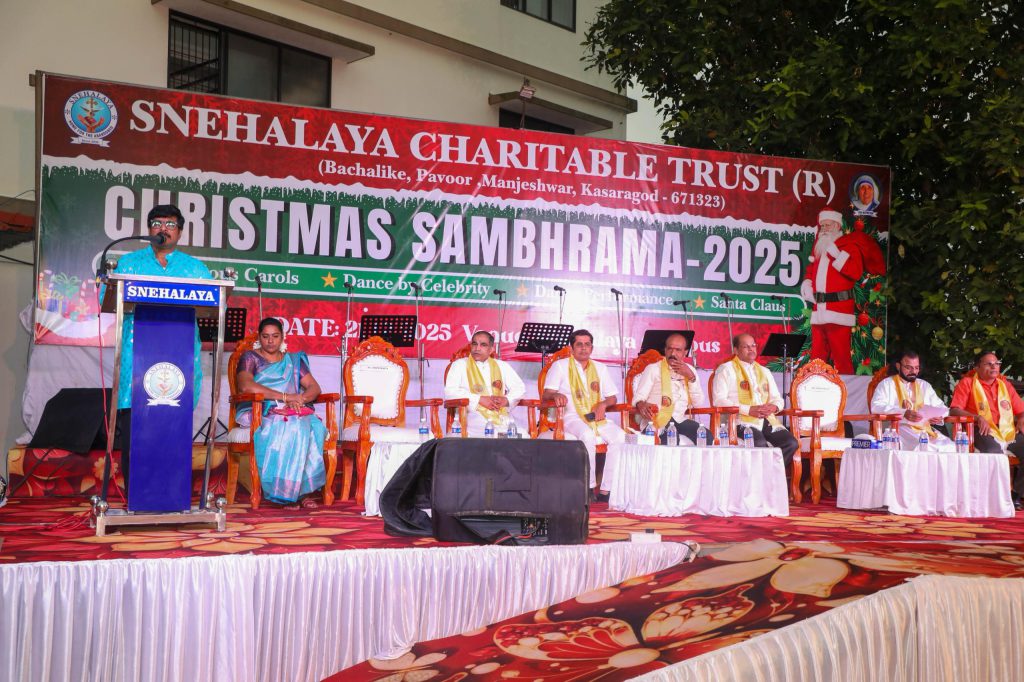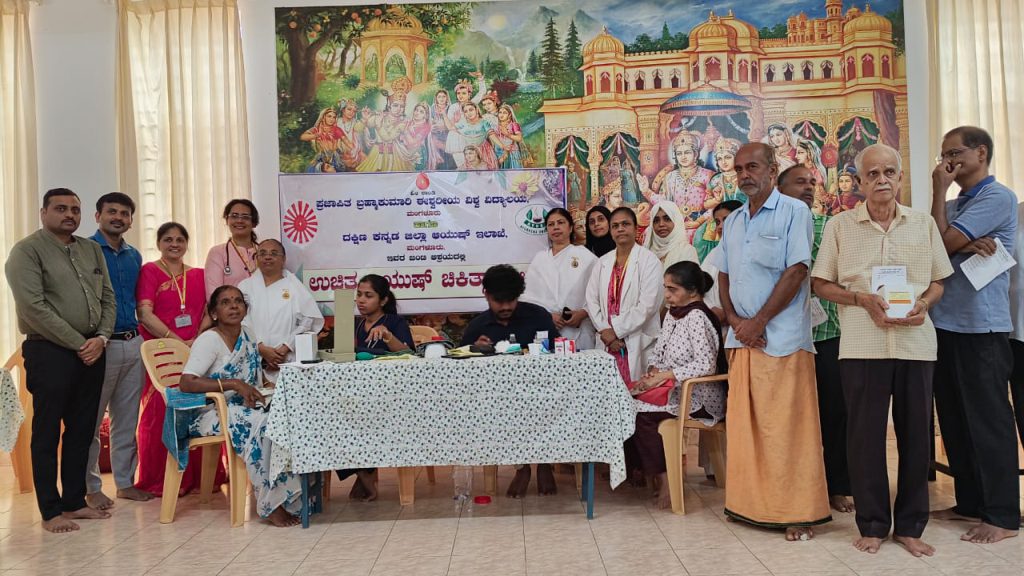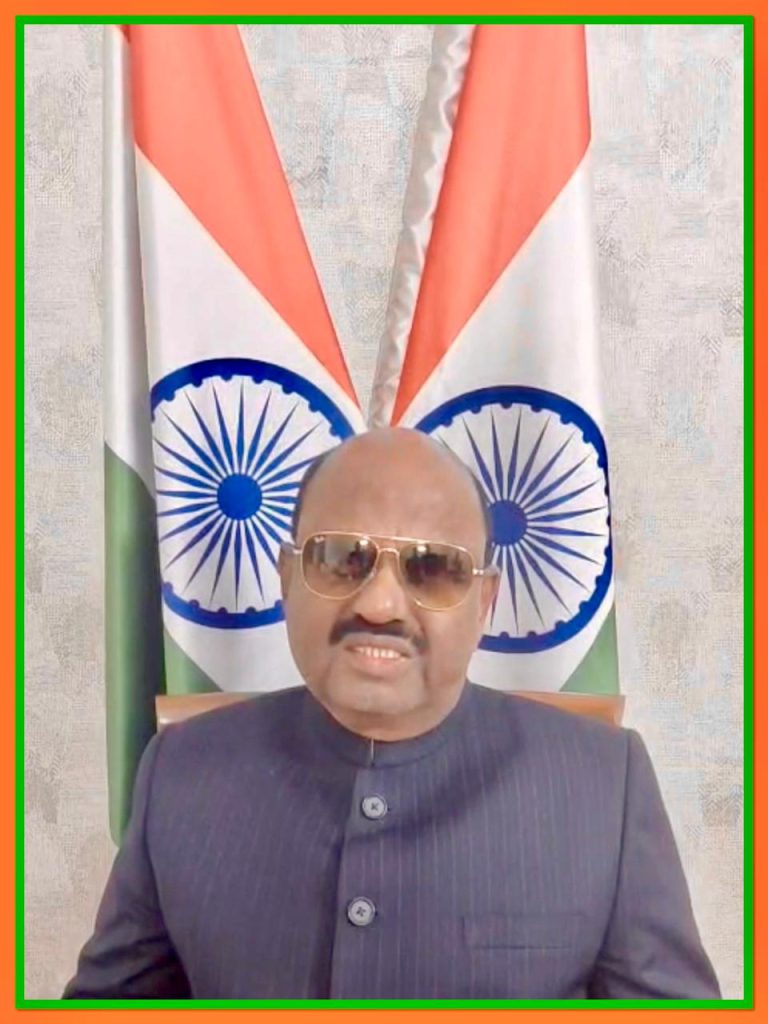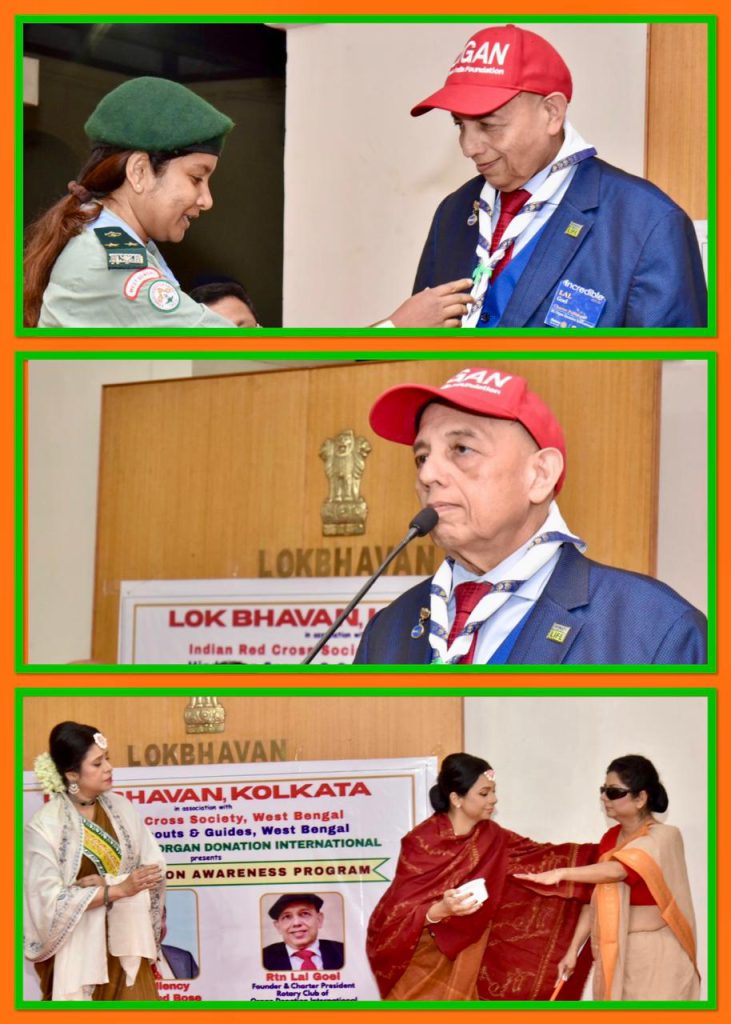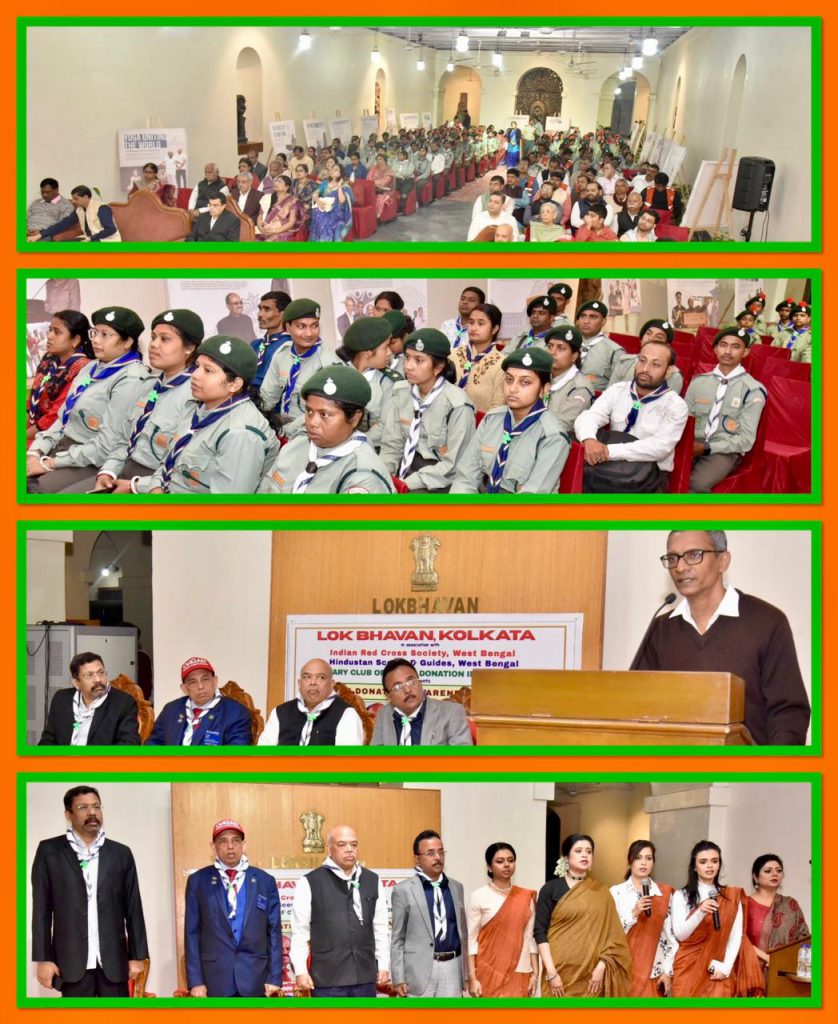HAT is made out of Happiness, Appreciation and Target | These are 3 Elements that enhance our life experience | Did you get it?
NV Paulose, Chairman, Global TV +91 98441 82044
I will tell you about how to wear a HAT that can enhance your learning muscles. You may be curious to know what is learning muscles. It is important to know about the leaning muscles. Practice the habit of having HAT with you always. It will help you to study in 6 Minutes as much you otherwise take 60 Minutes of an hour precisely. Some of you may get confused, instead of becoming Curious about what I have told so far. Wait for a while; I will explain it once again.
HAPPINESS:
Happiness is all about Good Memories and Great Dreams. Every day, we should REMEMBER One or Two Good Memories in Detail. We also should Create and NURTURE Dreams for our future.
Remembering a Good Memory is a Mind Exercise. It is similar to your physical exercises. A physical exercise strengthen your Body Muscles. Good Memories when remembered in detail will make your Mind Muscles Strong. Remembering a Good Memory is like nurturing a Soldier around you. When you repeat the the memory regularly and in detail; the soldier slowly turns to become a Commando.
A Soldier and a Commando
A soldier is a strong support. A commando is stronger and specially trained. In the same way, good memories begin as simple soldiers, but when you recall and nurture them repeatedly, they transform into commandos, becoming more powerful, more dependable, and quicker to support you in moments when you need strength or comfort. Nurture EVERY DAY Two or Three Commandos to Make you Stronger.
The second in the HAT is Appreciation. This is also like Soldiers and Commandos.
APPRECIATION:
Practice Appreciation and See the Difference that happens in your life. When you Appreciate a person on something meaningful; it makes two people happy. The Person who hears the words of Appreciation instantly turn into happiness. You will also become happy seeing the impact of your words. We should nurture an EYE TO SEE Goodness and an EAR TO HEAR what is Good and Important. We should nurture all our senses towards POSITIVITY. When we TASTE good FOOD, SMELL Fragrances and FEEL the warmth of Care and Concern; We should Appreciate them then and there.
Appreciation should become a HABIT for you and you will SEE the Magic that you will SEE ONLY GOOD THINGS IN YOUR LIFE. Even when other occasions come; the challenges turn to become happy memories soon. This the the power of Appreciation as a Habit. We get what we search for. Search for Goodness in the people and the surroundings always. This habit will make people to recognise you as a Friend in Need. A friend in Need is a Friend indeed; the saying goes.
TARGET:
A target is a clear goal or direction you aim for. It gives your effort focus and purpose, helping you decide what to pay attention to and what actions to take. When you have a target, your energy is organized, and learning or progress becomes faster and more meaningful.
A target is time bound because it is not just a wish or an intention, but a goal with a clear deadline. When a target has a specific time frame, it creates urgency, focus, and commitment, pushing the mind to act instead of delay. Time limits help measure progress, maintain motivation, and turn effort into results.
Setting targets at different time levels gives direction to both daily actions and long term life goals. Daily targets guide what you do today, weekly and monthly targets help you track progress and adjust your effort, and yearly targets give a clear sense of achievement and growth. Having a target for every decade provides a broader vision for your life, helping you make meaningful choices and stay aligned with who you want to become over time.
HAT will Make You GREAT
HAT will make you great because it trains your mind to operate in its best state. Happiness keeps your mind open and energetic, appreciation builds positive focus, and target gives clear direction. When these three work together, learning becomes easier, effort feels lighter, and challenges stop feeling overwhelming. You are no longer forcing yourself to grow; growth begins to happen naturally.
Happiness improves your ability to absorb and retain information. Appreciation strengthens attention and motivation by helping you value what you are learning and the effort you are putting in. A clear target organizes your thoughts and actions, so your time and energy are not wasted. Together, these elements strengthen your learning muscles and help you perform with clarity and confidence.
Practicing HAT every day changes the way you approach work, study, and life. Instead of reacting to pressure or confusion, you respond with focus and calm. Over time, this habit builds discipline, resilience, and consistency, which are the true foundations of excellence.
HAT is a way of living. When you choose happiness, practice appreciation, and set clear targets, you create a powerful mindset that supports growth at every level. Carry your HAT with you every day, and greatness will follow as a natural outcome.
